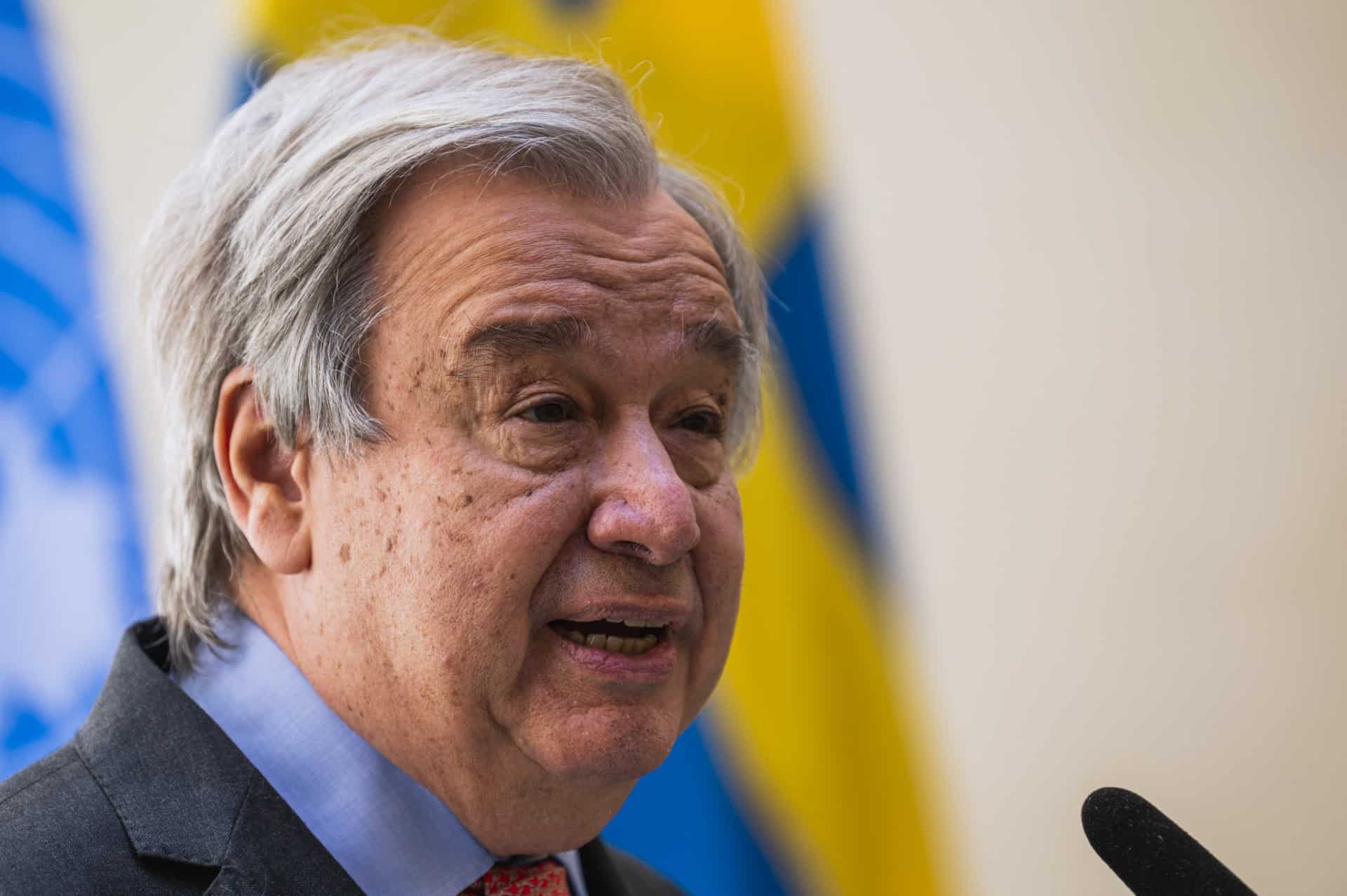He noted that Russia’s invasion of Ukraine has forced millions of women and children to flee the country, “putting them at high risk of trafficking and exploitation of all kinds.”
“Women who chose not to evacuate are at the forefront of healthcare and social support,” said Guterres.
Their perspectives are therefore “critical to understanding conflict dynamics,” and make their participation “essential for resolving conflicts.”
In many areas, men in power have actively worked to exclude women, said Guterres, citing for example Afghanistan, where “nearly 20 million Afghan women and girls are being silenced and erased from sight.”
In Myanmar, “women cannot express themselves openly and have no route to political participation,” added the UN chief.
Successive military coups have also resulted in women “becoming poorer and more marginalized” in Mali, where “extremists pose an even greater threat,” said Guterres.
He was unequivocal about the impact of what he termed “the recent shift away from inclusive politics,” saying it “shows once again that misogyny and authoritarianism are mutually reinforcing.”







